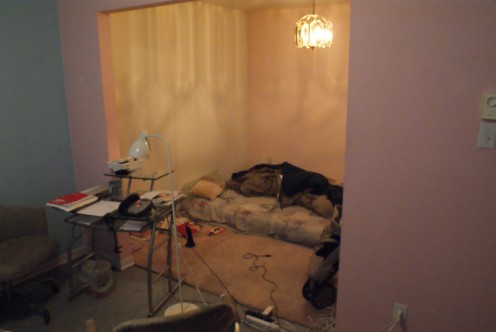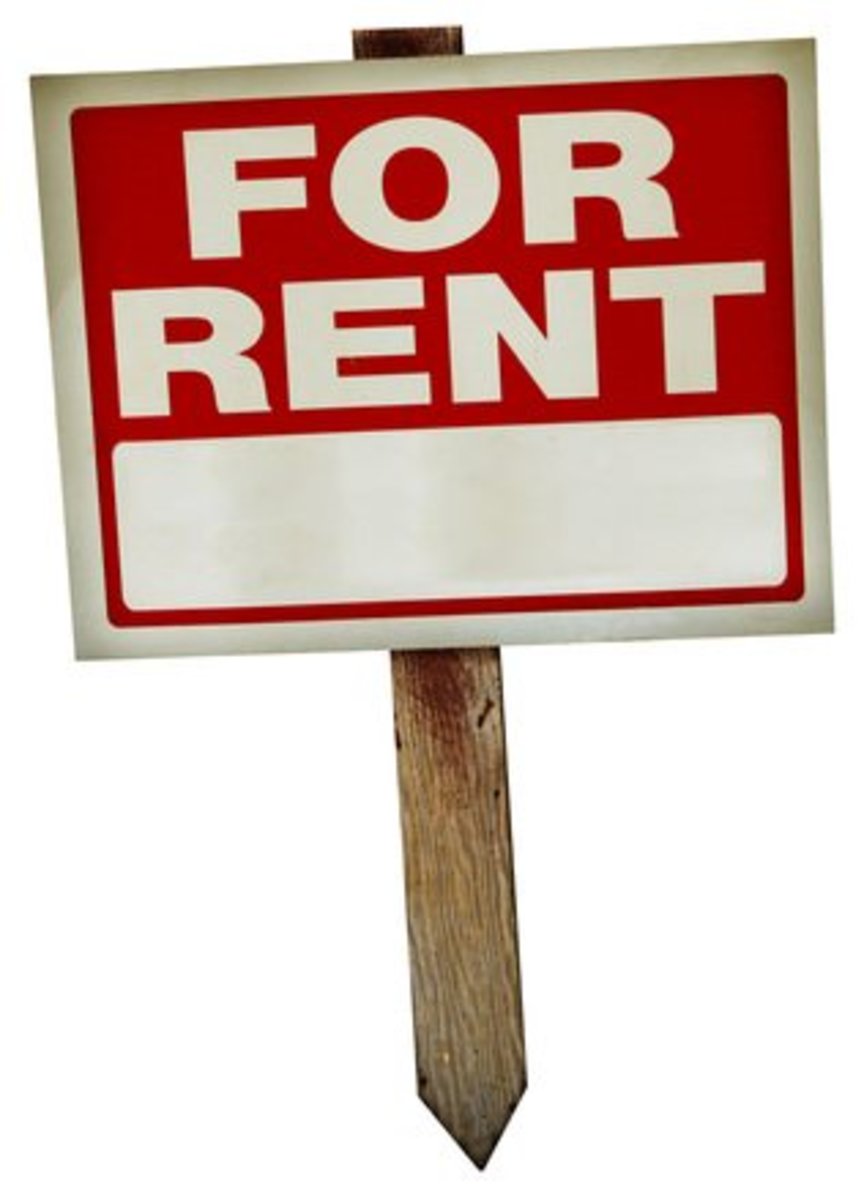Landlord/Tenant Laws Differences Between Canada & The United States

Differences from Landlord/Tenant Law in Canada & The Unites States
The Residential Tenancies Act (also know as the Act), in Ontario Canada, differs from the United States In these Ways:
1) Landlords cannot, by law, request Security Deposits, to pay for any damages left to the dwelling, when a tenant moves out. This is also known as "Key money".
The only security deposit that a landlord may collect is a rent deposit collected per section 106. 2006, c. 17, s. 105 (1) of the Act.
2) When landlords rent a dwelling, they ask for 1st & last months rent. Tenant is required to give 60 days notice prior to moving. The last month's rent is used just for that, rent for the last month that they occupy the dwelling.
The amount of a rent deposit shall not be more than the amount of rent for one rent period and the amount of rent for one month per section 2006, c. 17, s. 106 (2) of the Act.
3) Tenant will receive interest on the amount Landlord holds for last months rent, beginning from the day it is received by the landlord, until such time that the tenant vacates the rental unit. It can also be collected by the tenant if a new owner takes over the property. This is not done automatically. The tenant must request it in writing. If tenant does not receive it, they must contact Landlord & Tenant board (Commonly known as the Tribunal).
4) If the tenant does not pay rent, 14 days after it is due, the Landlord can issue a notice to the tenant and The Landlord & Tenant Board. The tenant has 7 days to pay or the Tribunal issues permission for the Landlord to file papers in court.. It's not like the U.S. where you get a 3 day notice and then a 30 day notice and it goes to court. Evictions in Canada can take longer.
5) If a tenant has a problem with their landlord: Building in need of repairs for a long time, claims of harassment, or just them thinking the rules are uncalled for, they contact The Tribunal to complain. The Tribunal then contacts the Landlord. In my opinion, The Tribunal is all for the tenants and totally against the Landlord. Their phone calls to Landlords can be rude and demanding. On the phone are not specific in what the claim is. The only way to get it out of them is to have them mail it to you in writing.
6) The Ontario government regulates rent increases. Each year they announces the province’s rent increase guideline for the following year. Every year it goes either up or down and both Landlords & tenants receive notices when it does. If it does go up, the Landlord must give 90 days notice before they can raise a tenants rent.
7) Unlike the United States, Landlords in Canada cannot just evict someone because they want to. They must have just cause. If someone is leaving trash outside their door, a notice is sent, with a copy to the Tribunal. If they stop in 7 days, nothing happens. If they do it again, the notice has to be given again. Even if they are constantly late on their rent, I've seen tenants get notice after notice and still remain in their dwelling.
8) If an apartment building has video surveillance, Landlord must post signs informing tenants & their visitors of this. If they don't, the tenant can contact the Tribunal & make a claim of harassment. Violating their rights by watching them without proper notice posted.
9) In order for a Landlord to evict a tenant they must give written notice to both the tenant, and the Tribunal, with cause for the eviction. If the tenant does not rectify the problem in 7 days, only then can the landlord file eviction papers with the court.
10)If a tenant moves, leaving damages and/or unpaid rent. the Landlord's only recourse to recover monies owed is to take them to court. Many landlords don't do that because it ends up being more costly, or they cannot locate their previous tenant.
In doing my research for this article, I did happen upon a website, whose goal to to help landlords: Http://www.landlordlegal.ca/ (photo below is courtesy of Landlord Legal - The Eviction Specialist.)
You can view the Ontario Residential Tenancies Act by going to: Http://www.ontariotenants.ca/law/act.phtml








